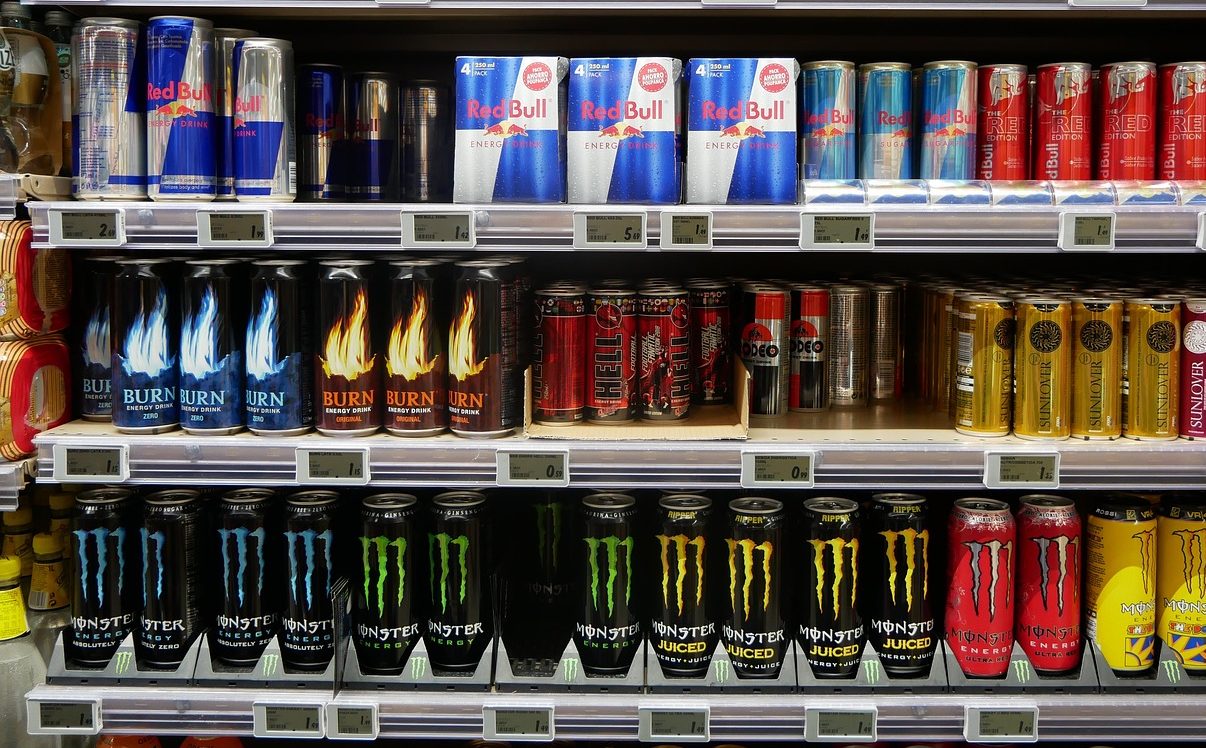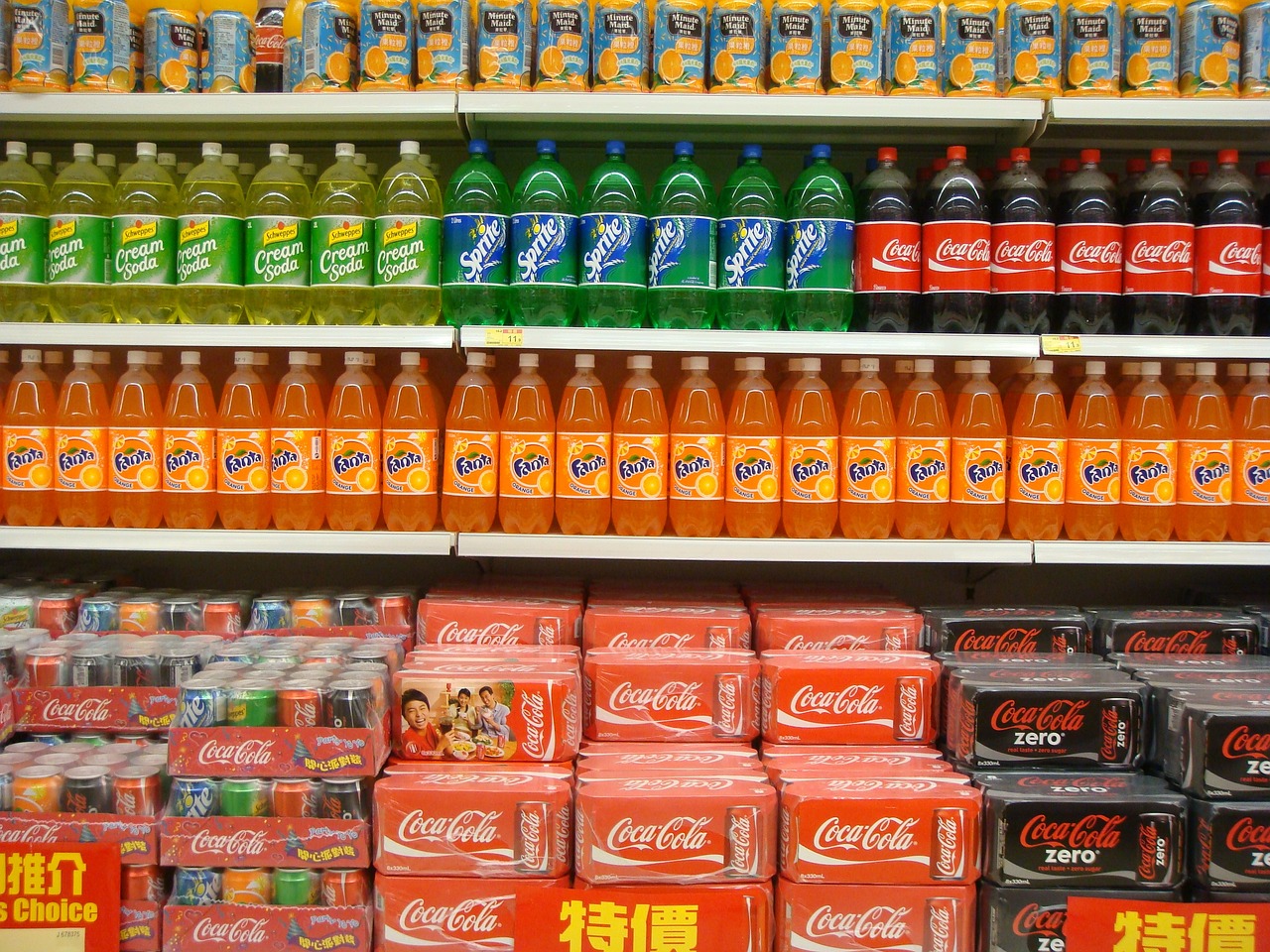
Artificial intelligence can be used for a variety of things, whether talking about healthy or unhealthy products. However, the question arises whether it would be of more use promoting healthy products.Continue reading

One of the world’s most widely used sweeteners, aspartame, which is found in a number of products, including Coca Cola Diet Coke, has been the subject of much media attention in recent weeks. The substance has recently been listed as a possible carcinogen by the WHO, a fact exploited by influencers and a Hungarian drinks brand. However, the Hungarian Chamber of Agriculture has now clarified the position on the dangers of aspartame.
The presence of the sweetener aspartame in food and soft drinks should not be a problem in a healthy, balanced diet, the Hungarian Chamber of Agriculture said in its statement. According to them, although the change in the risk classification of the sweetener has caused a storm in the media, there is no reason to panic according to the current state of science.
The body highlighted that since the expert committee has kept the acceptable daily intake at the previous level of 40 milligrams per kilogram of body weight, food industry operators do not need to change the formulation. If they do decide to replace aspartame, it will only be justified by consumer sentiment.
According to the Hungarian Food Codex, one liter of a diet soft drink can contain up to 600 milligrams of aspartame. This means that a 60 kilogram person would have to consume four liters of a diet soft drink every day to be at real risk.
For milk-based desserts, the maximum amount is 1,000 milligrams per kilogram. For a child weighing 15 kilograms, this means that he or she would have to consume more than half a kilogram of the product every day to be at risk.
It’s in cereal, sodas, and even your morning coffee. Here’s how aspartame took over the world—in spite of long-standing health concerns
https://t.co/dFs03NA5AU— National Geographic (@NatGeo) August 2, 2023
Citing limited evidence of human carcinogenicity, the International Agency for research on Cancer (IARC) has classified aspartame as “possibly carcinogenic to humans.” This means that there is no direct evidence that aspartame promotes cancer development in humans, but animal studies have shown that it may promote cancer cell development at intakes above a certain dose.
The classification puts aspartame in the same category as, for example, whole leaf aloe vera extract and some acidified vegetables.
The hysteria around aspartame has involved many Hungarian influencers. Several of them advertised the XIXO soft drink, belonging to the world-famous Hell Energy, saying that it was important for them that the drink they consumed was aspartame-free. XIXO probably decided on this marketing ploy because IARC was about to decide on the classification of the substance and the outcome was expected.
Amid the hysteria, Hungarian dietitians and experts have also tried to speak out, reminding consumers that aspartame has been present in many products for decades and is one of the most commonly used sweeteners in soft drinks. Dietitian Alíz Erdélyi pointed out to television channel RTL that working at night and frying in high fat fall into the same category as aspartame, so they have a potentially carcinogenic effect as well.
Featured photo via Pixabay